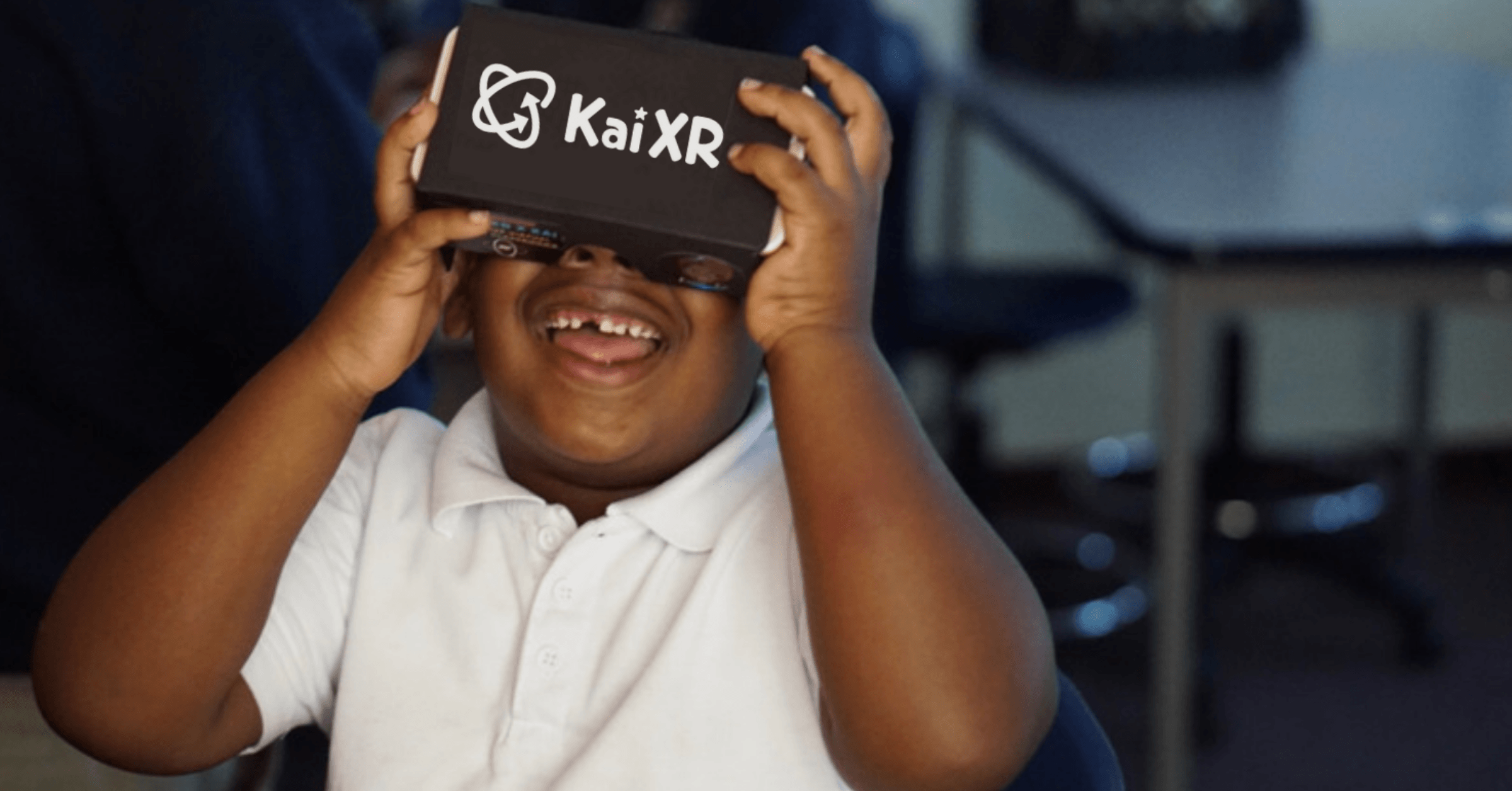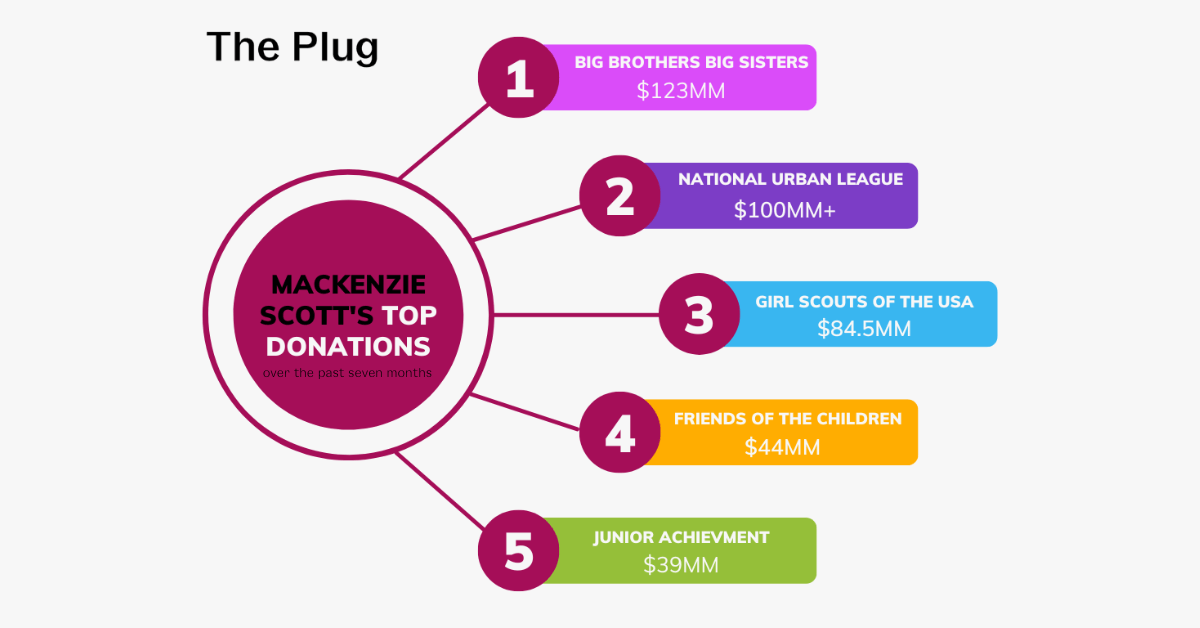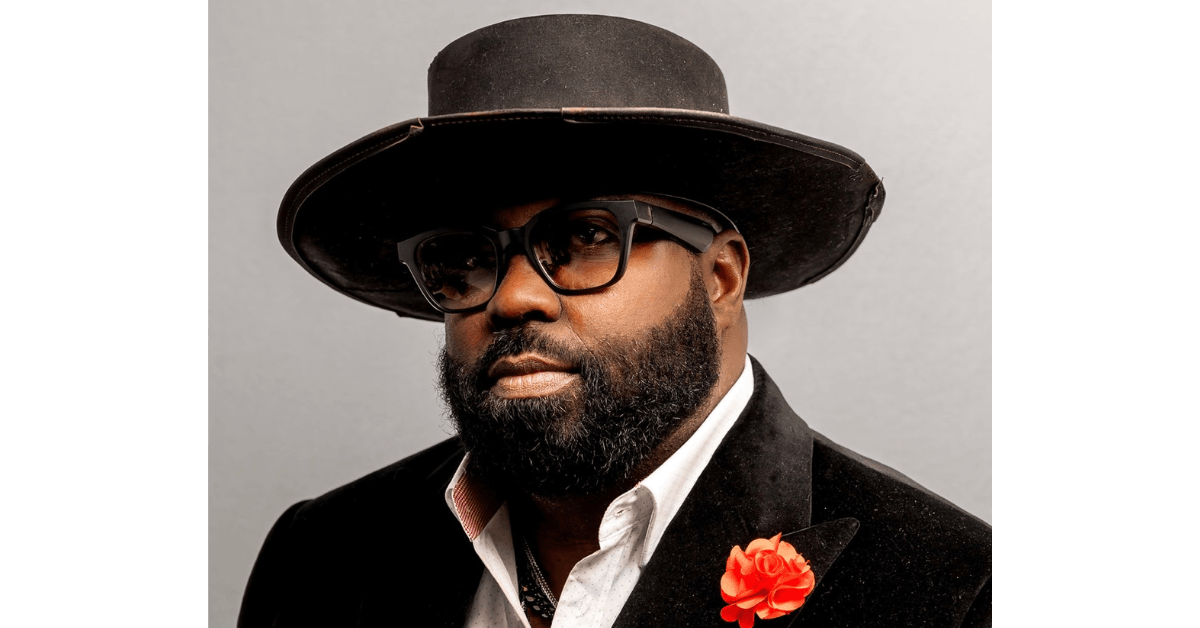KEY INSIGHTS:
- EdTech startup Kai XR has closed its $1.6MM seed round.
- Investors include Kapor Capital, Mitchell Kapor Foundation, American Family Insurance Institute for Corporate and Social Impact and diverse angel investors.
- Kai XR tools are being used in over 40 states across the nation.
Oakland-based Kai XR has raised $1.6 million from an array of diverse investors to expand its kid-friendly virtual reality (VR) offerings to more school districts nationwide.
The oversubscribed seed round was led by Kapor Capital, Mitchell Kapor Foundation, American Family Insurance Institute for Corporate and Social Impact and others.
The fresh capital comes at a time when the company has experienced a significant uptick in revenue and new business growth, Founder and Chief Executive Officer at Kai XR, Kai Frazier, told The Plug.
Transforming education
The Techstars-backed startup increased sales by 500 percent, with revenues surpassing half-a-million dollars in 2022, up from $65,000 in 2021, according to the company. “Tremendous revenue growth still lies ahead,” said Frazier, adding that the future of education is quickly being shaped by a variety of innovations including augmented reality.
In the United States, educators are beginning to leverage tools such as Kai XR to provide their students with hands-on experience using in-demand technology ranging from virtual and augmented reality to extended reality, also known as XR.
“This is the first time we have seen real change in education as it relates to virtual learning,” said Frazier, who worked as an educator for two decades prior to becoming an entrepreneur. “We’re also seeing a growing appetite to use our technology from the teachers, increased funding support from schools, as well as a big push on connectivity — it’s a very exciting time for us.”
Preparing kids for the future
Founded in 2018, Kai XR’s mission is to help bridge the digital divide by connecting over one million kids with virtual reality technologies by 2030. Positioning students for success in a rapidly evolving market, the startup makes education more accessible through VR innovations to deliver culturally relevant learning opportunities.
Kai XR was initially designed to allow kids to take virtual field trips, but Frazier quickly realized there was an opportunity to expand its offerings to help students develop critical skills, giving the next generation a head start for the future.
“Kai XR means that kids can use any device they have, whether it’s a smartphone, tablet or a VR headset, and they can be transported to a location in the world and learn about new careers, new sites and new sounds,” she said.
Making new tech accessible
Now used in over 40 states across the nation, Kai XR has enterprise partners including Meta, Cox Communications and T-Mobile, who are helping the startup optimize 4G and 5G capabilities and eliminate the need for Wifi for its software.
From a simple touch on a smartphone, students can transport themselves to monuments like the Eiffel Tower in Paris and the Martin Luther King, Jr. memorial in Washington, D.C.
These types of experiences allow students to explore history, natural ecosystems and more , enabling learning opportunities that would otherwise not be possible.
Kai XR is betting that the education sector will invest heavily in this area over the next several years, as the STEM field is predicted to create around one million STEM-related jobs over the next decade, according to the Bureau of Labor Statistics.
Raising millions from venture capitalists
Although Frazier’s idea of raising venture capital from investors happened years ago, the company’s big break came after participating in Kapor Center’s Oakland Innovation Lab in 2019.
While incubating her company as an entrepreneur-in-residence, Frazier fostered a critical relationship with a founding partner at Kapor Capital, who she said were early believers in the startup’s potential.
“Her passion for serving kids of color from under-resourced schools was evident,” said Freada Kapor Klein, Ph.D., Founding Partner at Kapor Capital. “She brought her lived experience as a teacher and museum educator together with her considerable entrepreneurial strengths and compassion to build Kai XR to introduce young people to the vast array of worlds out there—from visiting the Obamas portraits at the National Gallery to deep space exploration.”
Oakland-based VC firm Kapor Capital has been instrumental in advancing diversity and inclusion in the tech industry. Roughly 59 percent of the companies in its portfolio have a founder who identifies as a woman or an underrepresented person of color. The firm closed a $126 million third fund in September 2022, its largest fund to date.
“Kai XR exemplifies a tech startup that closes gaps of access, opportunity and outcome for low income communities and communities of color,” Klein told The Plug. “They are on a path to be a bullseye on gap-closing while building a huge scalable business to serve school districts as well as out of school programs.”
Looking forward
Last September, Kai XR was awarded $100,000 grant funding from CTIA Wireless Foundation for its work using 5G technology to help close the digital divide.
Gearing up for its next fundraise, the company aims to close a $2 million additional funding round this year. Frazier said $1.2 million has been committed so far. The nine-person startup hopes to roll out its software to more school districts.
“Last year, we helped over 5,000 kids through various virtual learning activities,” Frazier said. “Our goal is to double that number this year, with a bigger goal to serve over one million kids nationwide.”








